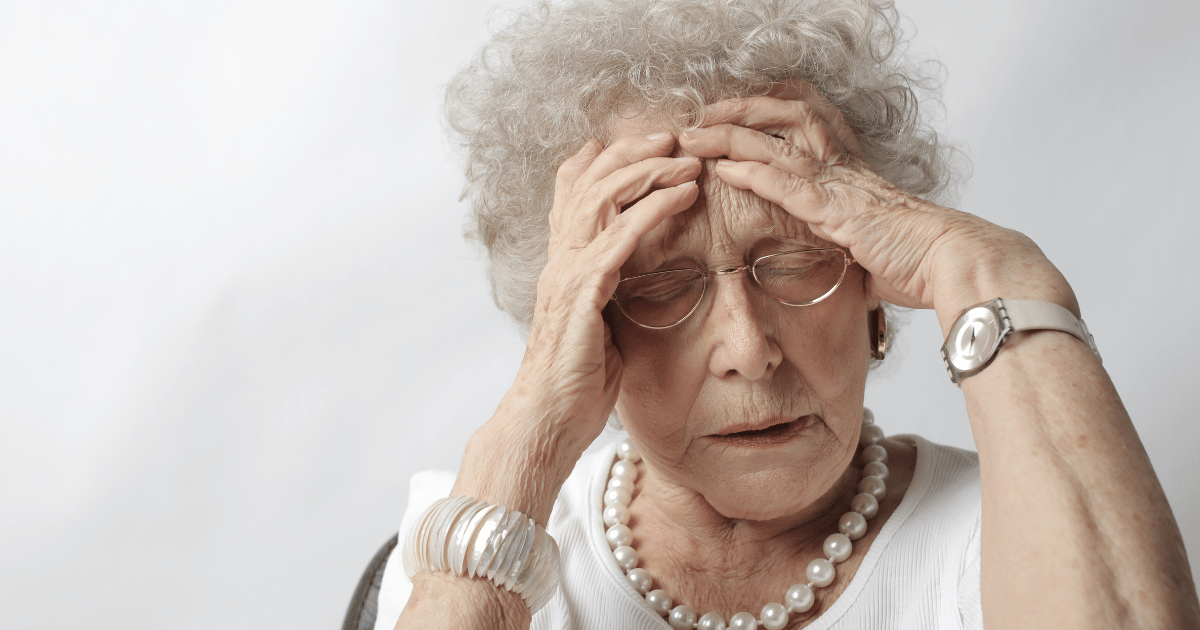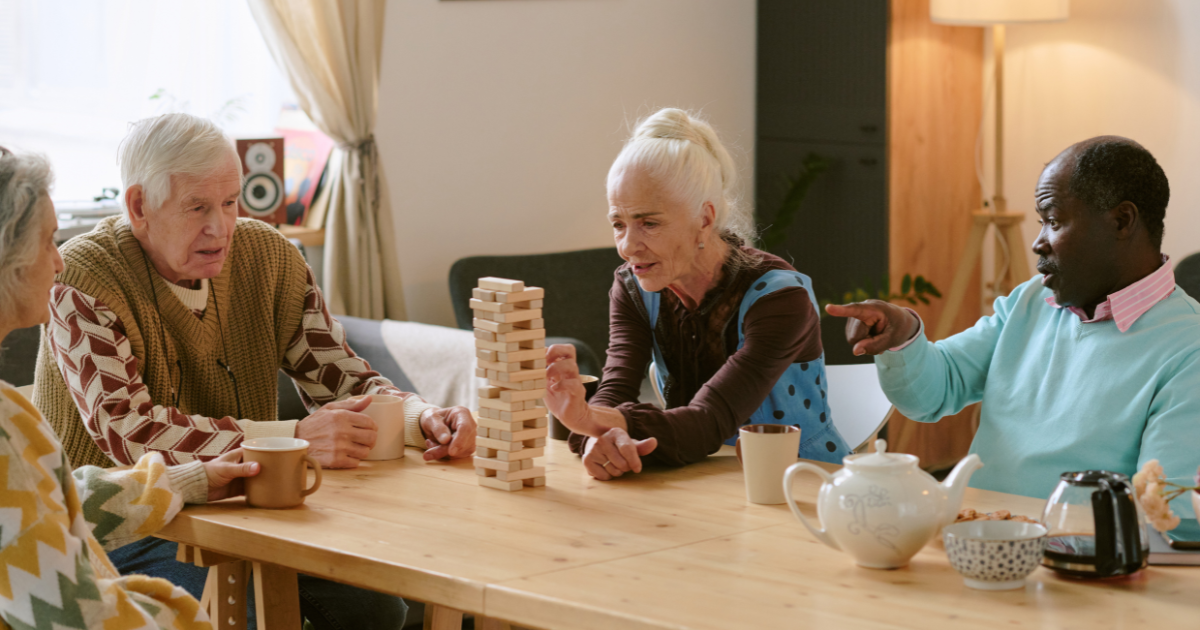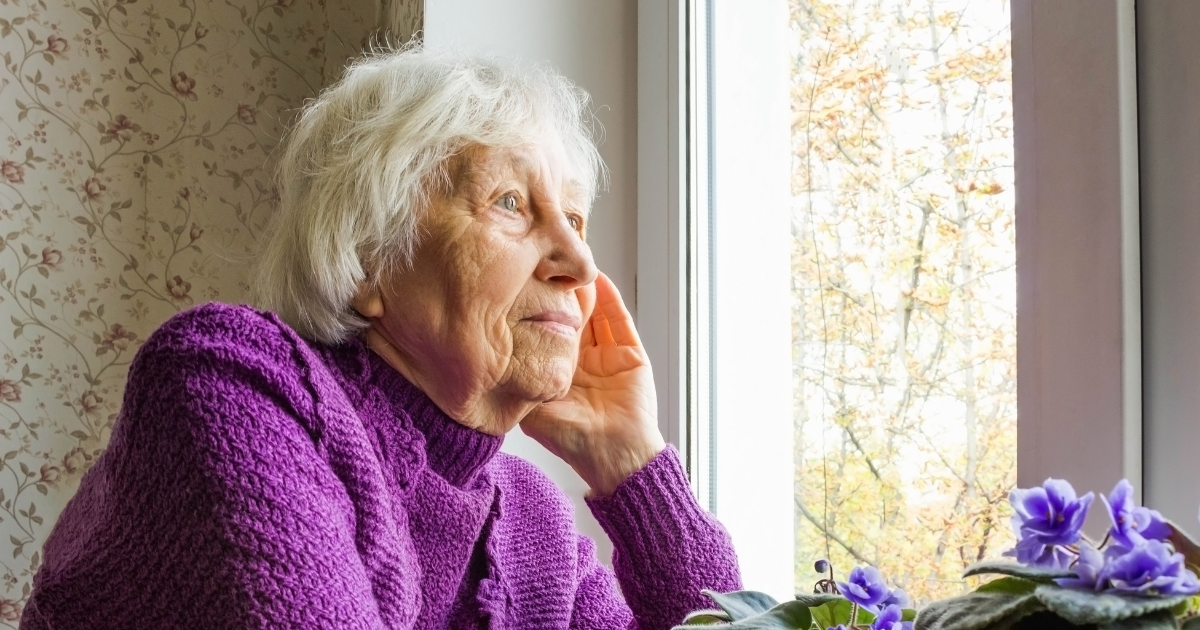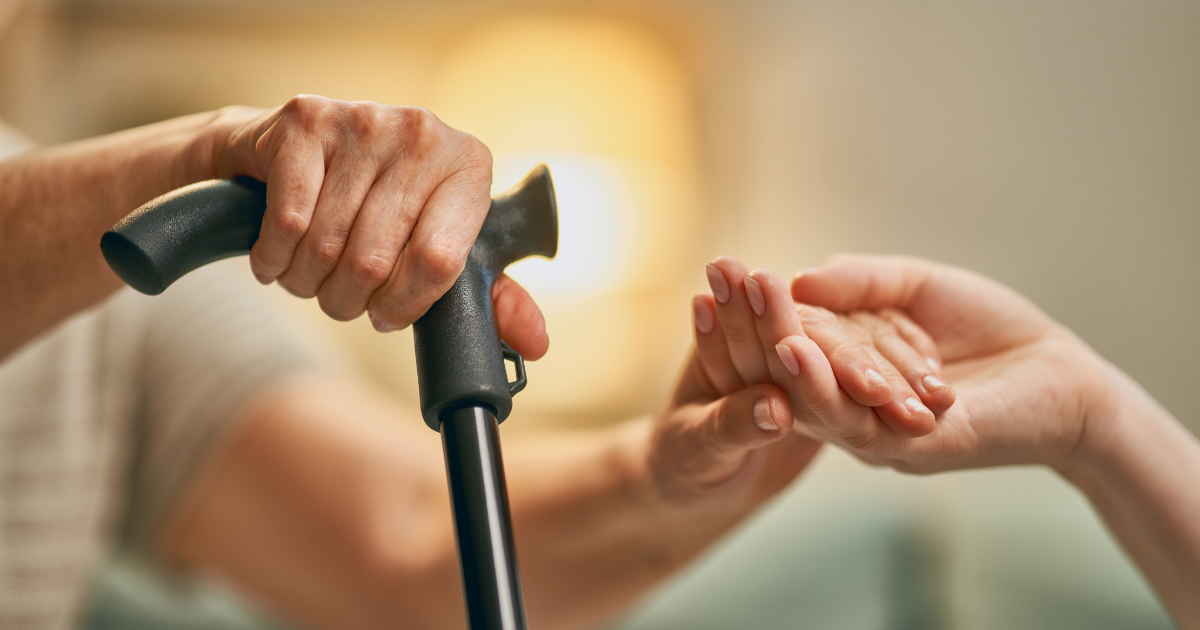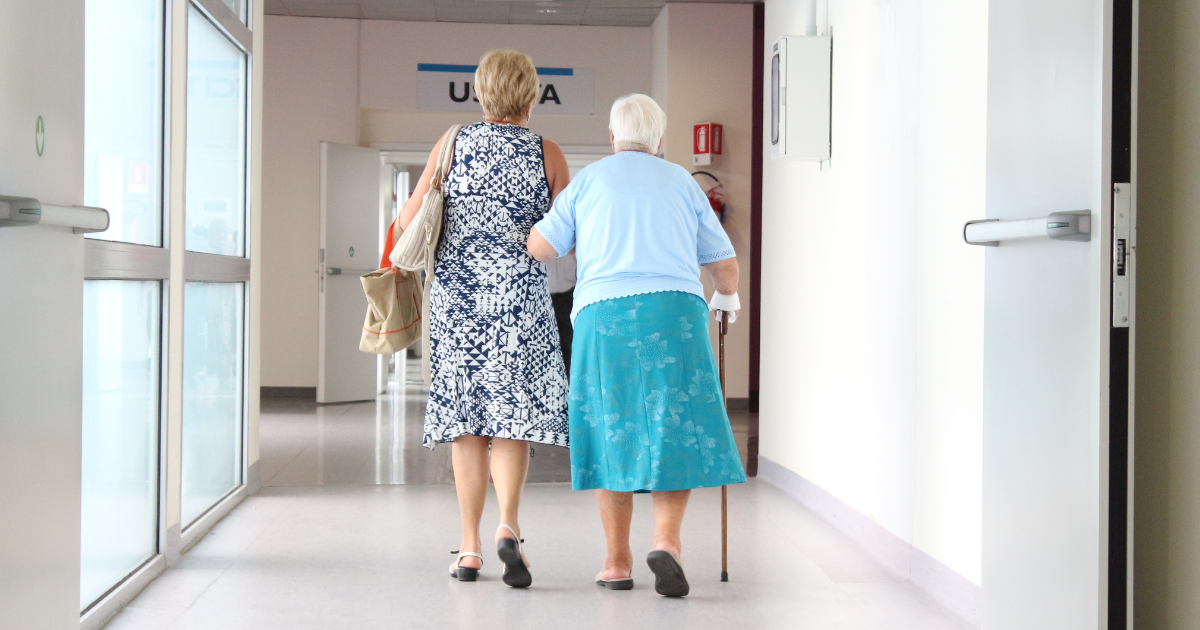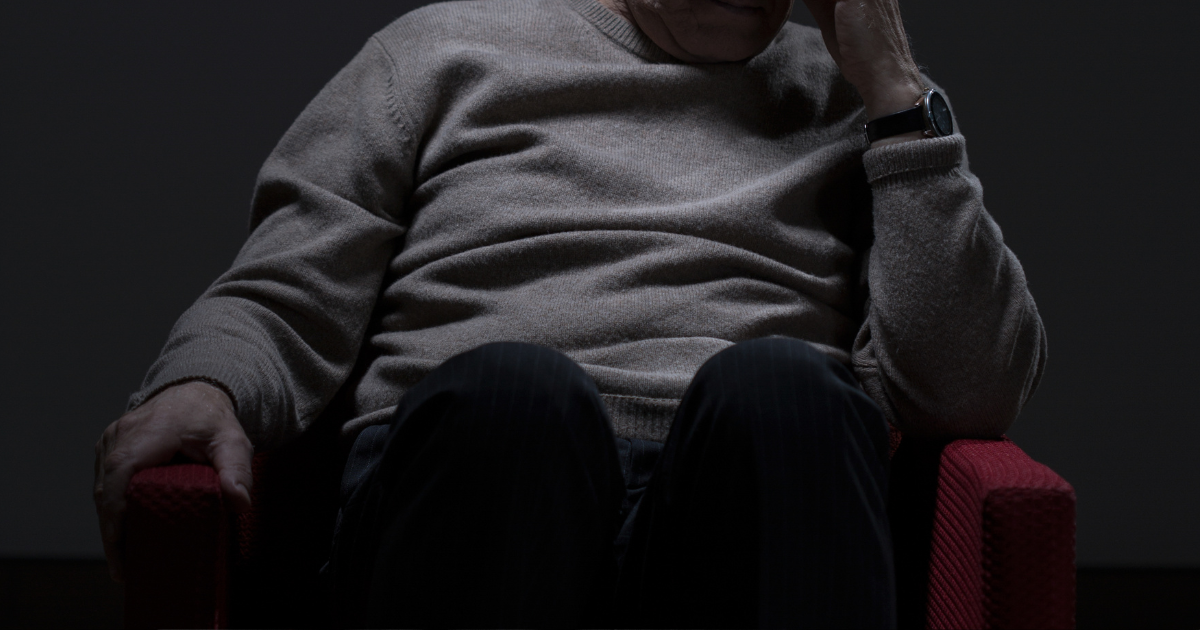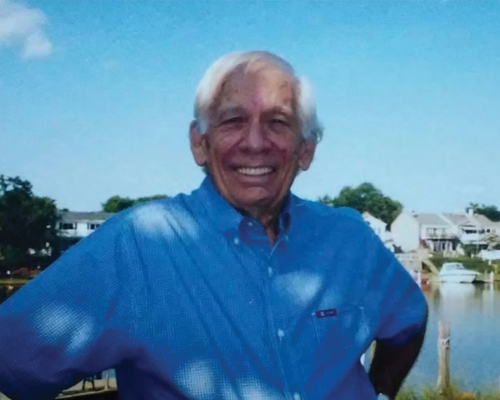CHAPTER 3 - Friends are a Fortress
There were some signs that my friend Rob might suffer abuse by his family. When we met, he had his life in very good order. He had a few common old-age problems – some arthritis, hearing, and memory loss – but none of it slowed him down much. He watched his diet, walked at least a mile each day and was never sick with even a cold. He mentioned that he had had several major surgeries in years past and that his daughter, Dotty, had helped him.
FAMILY – FRIEND OR FOE?
Rob kept in touch with Dotty, but it was a long time before I met her or any other family member. She stopped to see him one day when she was in the neighborhood. She was friendly and easy to talk to; I saw no hint of bad feelings or dislike for Rob on her part.
Rob was financially secure. He shared his banking and investment information with me. He owed nothing, and drove an old but well-maintained Toyota. He had added Dotty to the deed on his house and had given her his power of attorney. When I asked about a Health Directive and a will, to see if any updating was needed, he said that Dotty had all his papers and he would get them. I never saw them.
He had no other written wishes that I knew of. He told me that he wanted to donate his body to “science”. At some time after I met him, he added Dotty to his checking account. As for his savings and investments, she was his only child, so I assumed she would be the beneficiary. He trusted Dotty and had set things up to make it easy for her to get everything when he died. He had no idea that she was in a hurry and that he was signing his own death warrant.
HANGING UP THE GRAB-IT
He loved his community and worked with the neighborhood association for many years, participating in events, attending meetings and writing a newsletter. He was militant about keeping his home and yard looking good, and his near-obsession with trash caused him to be a bit critical of anyone or any place which wasn’t pristine enough to suit him. He did, however, practice what he preached. On his daily walks, he gave peanuts to the squirrels from one bag and collected trash from the trails in another. Previously, for a ten-year stretch, he regularly walked the town, collecting trash. There is, to this day, a scheduled rotation of volunteers who are doing the “trash walk” – twelve years after Rob “retired” from the chore. In November of 2012, he wrote the following to his neighborhood association:
Well it’s over. I’m hanging up the “grab-it”. It’s only right that I allow others to have some fun. 10 1/2 years ago I decided I needed some exercise and that I should start walking. I started from my house to the main road and back. I was only able to do this for a few days when I was bothered by all the trash roadside. I thought I should make myself useful while walking and pick up the trash. So I did.
So 10 ½ years later I only think it’s right that others have a turn. I picked this week for a reason…because this week I will celebrate my 80th birthday. Oh I still walk. I moved over to the park where I walk and feed the squirrels.
Anyway, I hear a chorus of “pick me…pick me” for my replacement, but it wouldn’t be fair to single out one winner. So out of all the people in this community, there are some who will want to get involved. All you’ll need is a grab-it from Home Depot and some 13-pound trash bags and you’re in business. Good luck and God bless.
Note: When Rob died, some residents suggested that the name of the road where he worked should be changed to his name.
PORTENTS
When the neighborhood association got skittish about enforcing the covenants concerning property maintenance, he was critical, but still attended some meetings and events. He had lived there for decades and was on good terms with many neighbors. He greatly admired the younger family across the street, whose property always looked attractive.
Aside from some sporadic community involvement and regular errands, he did not belong to any organization, church or social group. Many of his friends and business associates had moved away or died, and since his wife’s death he had little connection with the one couple they had been closest to. Even after a lifetime of working, having many friends, social contacts, and a rather large family, (five siblings, all living fairly close) the only family member he saw regularly, was his daughter, Dotty. Rob seemed to have a good relationship with his daughter. She and her husband were very active socially; they loved to travel and to go on cruises. When not traveling or cruising, she called or stopped in occasionally, and sometimes met him for lunch. She invited him to join her family for holiday dinners, and also included me, after we met. She always sent him home with lots of leftovers. (I did not know if she and her family had offered to do any other things for him; maybe they did and he declined the offers.)
BEING ALONE
One of the danger signs of impending abuse, as well as for depression, illness, dementia and suicide, is isolation from social contacts and services. About a third of people 75 or older live alone; almost half of women over 75 live alone. There are many causes of being alone; loss of a spouse, having some disabilities that make it difficult to get out, no family nearby or caring, economic instability, loss of friends and social structures you have had in the past.
You may be very self-reliant and you feel comfortable being alone. But many times, being alone creates vulnerability. Like a lion pouncing on a stray lamb, abusers can cause harm and no one notices, especially if the family is the source of the torture. They act in secret and tell lies; if abusive actions are detected, police and court action could result. Old people can disappear.
There are many ways that abusers choose isolated victims. Rob’s next-door neighbor contacted me several months after his death and asked me if he had died. Think about it – can you recall any neighbor, relative or friend who might have “disappeared”? Ever wonder how or where?
WHAT CAN YOU DO?
If you hate to ask for help, you have difficulty getting around or you are not interested in meeting new people, or to help someone else:
- Be prepared for an emergency. Post emergency contact information on your refrigerator – it is a place where first responders typically check. Add your doctor’s information, your medications, serious allergies, and any health directive documents, including information about your health agent.
- See if there is a USPS Carrier Alert Program in your area. This free service helps letter carriers keep an eye out for elderly persons who may need assistance. Ask your local post office or the National Association of Letter Carriers (www.nalc.org)
- Find a service that checks in on you daily. Search “telephone reassurance program”.
- Meals on Wheels, if available, is an important contact.
- Local senior centers, retirement communities and assisted living communities might have in-home care and medical support services and other resources for those who are aging alone at home.
- Medicaid. www.medicaid.gov – Home and community-based services
- Hire professional care-givers- www.homehealthcareagencies.com
- Medical alert systems. Search “medical alert”
- Home Care Medicine. www.aahcm.org
- An Alexa-type device may have a way to get help.
- Volunteers. Many religious congregations, clubs, and associations may have help that you need. Type “volunteer” into the website for your neighborhood or city. Also, your local Area Agency on Aging, Volunteers of America (www.voa.org), Senior Care (www.seniorcare.com/featured/volunteer-to-help-the-elderly)








